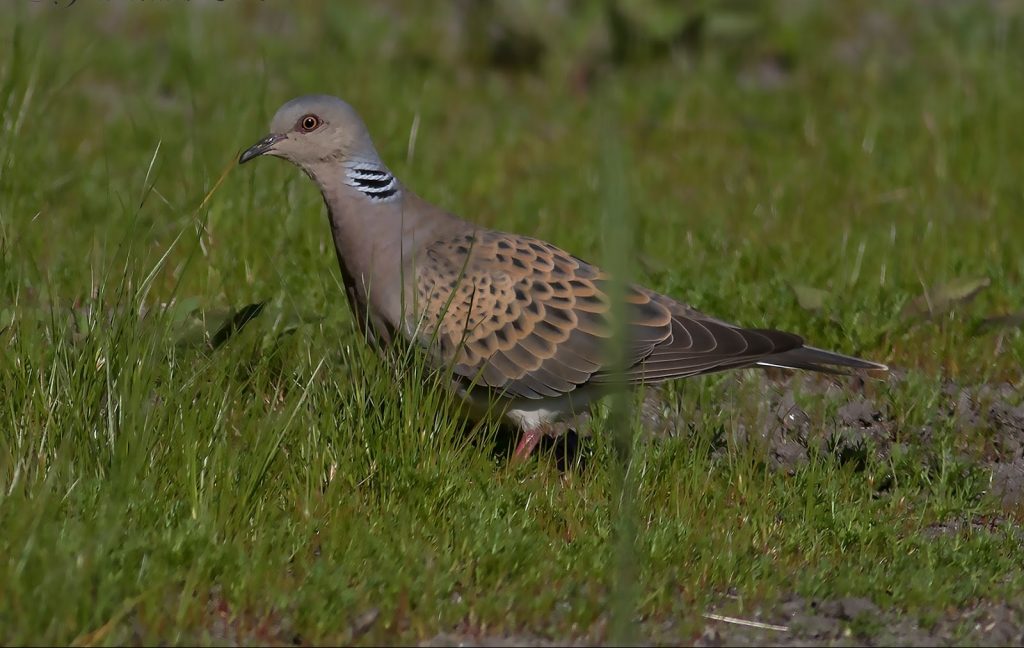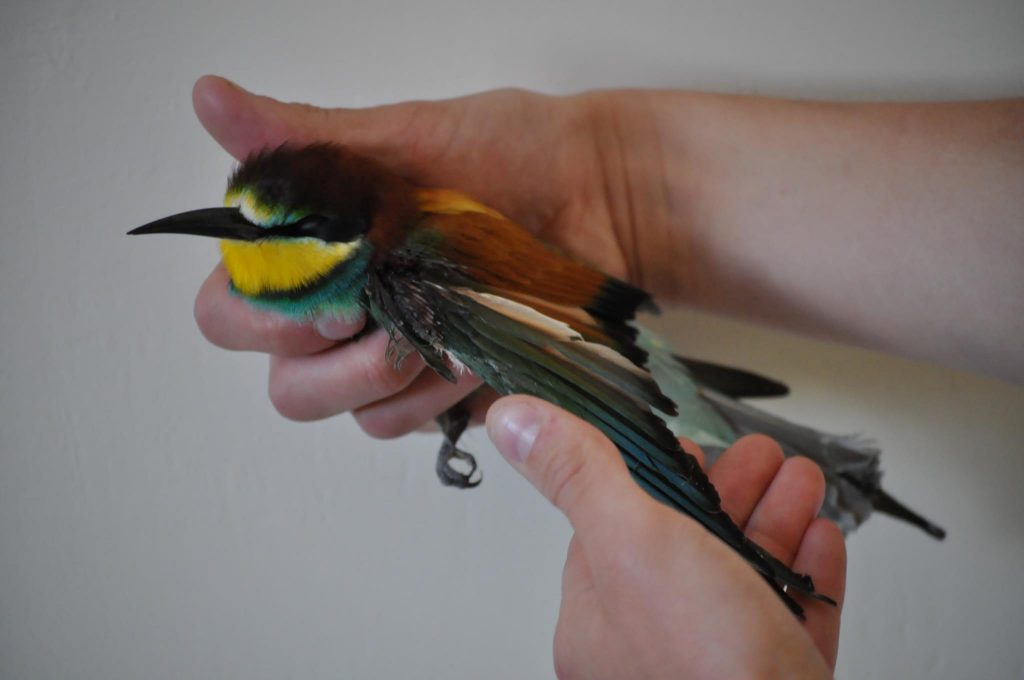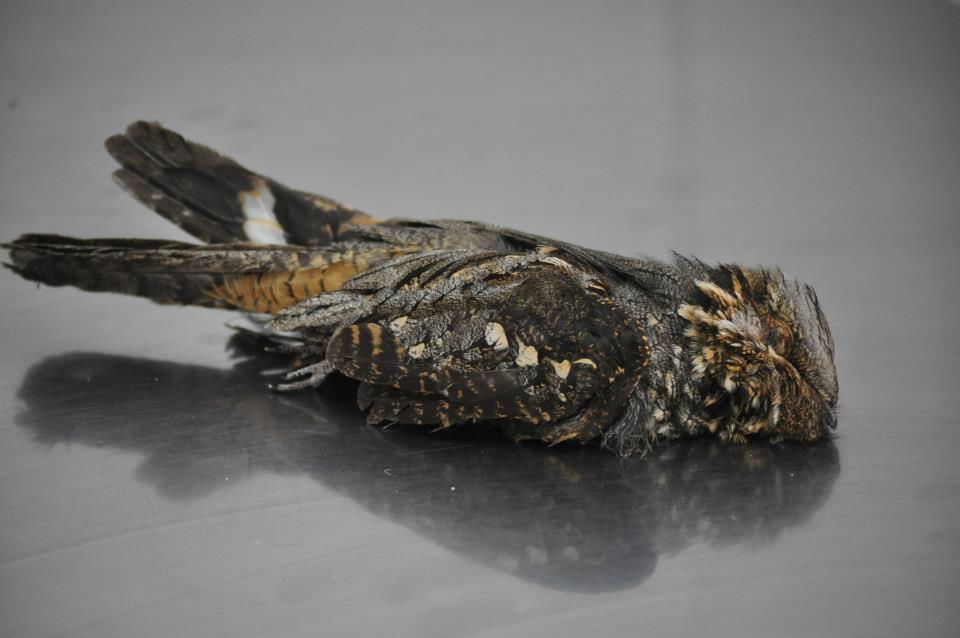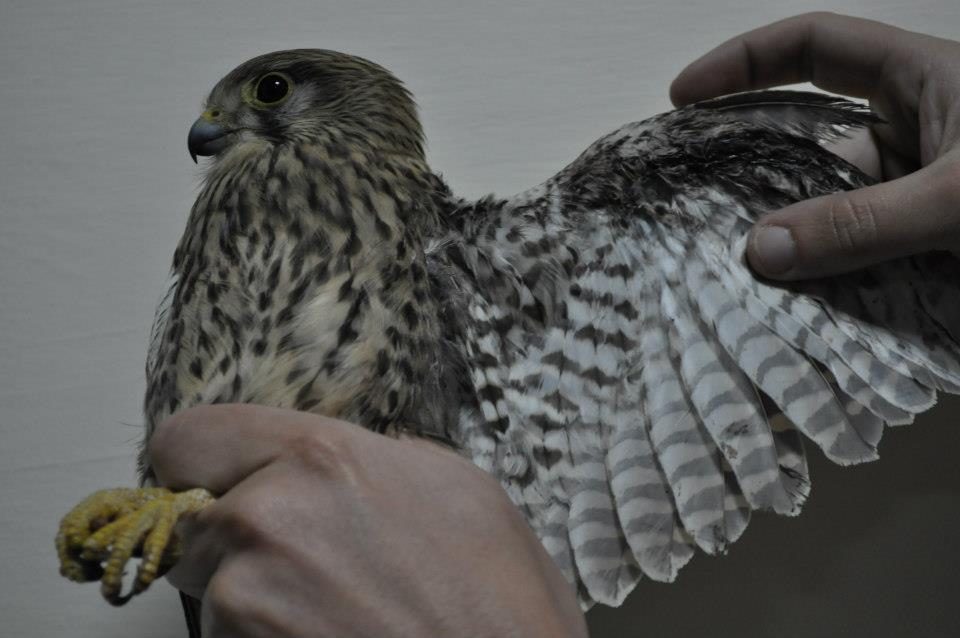Research by bird charity BirdLife International has revealed that an estimated 25 million birds are illegally killed or caught each year across the Mediterranean, Northern Europe and the Caucasus. The species caught are as varied as the countries in which illegal bird killing occurs. Many of them are globally threatened species, whose declining populations cannot support this additional pressure.
What’s the problem?
The following is a case study adapted from BirdLife International’s research on the killing of songbirds. You can read more here.
In 2015, BirdLife published evidence on illegal songbird killing from countries bordering the Mediterranean Sea. Their ground-breaking scientific paper in Bird Conservation International was adapted into The Killing, a report highlighting the shocking practices. A further report in 2017 showed that illegal hunting was also common throughout Northern Europe and into the Caucasus. With little official government data available for most countries, BirdLife has had to rely on local ornithologists and partners to compile figures and get a full picture of the extent of the slaughter.

Turtledove on migration 
Bee-eater, shot 
Nightjar, shot 
Kestrel, shot
Different countries have different motivations for illegal killing: food (culinary delicacies, like Ortolan buntings in France, chaffinches and meadow pipits in Italy), sport (like in Malta) and ‘predator control’ (for birds of prey). Where food is concerned, it is rarely subsistence hunting, rather highly prized and valuable delicacies. There have been incidences where huge illegal shipments of red-throated pipits have been seized, headed for Italian restaurants. In Cyprus, Eurasian blackcap is a target species. Over one million blackcaps, chaffinches and song thrushes are killed every year.
More than one million turtle doves (a ‘vulnerable’ species) are killed illegally each year. In Malta, dead raptors like booted eagles are desirable trophies for poachers, whilst in Greece, illegal activity is more about sport or caged birds. Illegal killing can even be fuelled by “hunting tourism” across central Europe, with little enforcement of hunting legislation. For globally threatened species, illegal killing may be too much to bear for their populations, especially when piled on top of pressures from habitat loss or food shortage. Little bustards, which are threatened globally, may lose one-tenth of their global population to illegal killing annually.
Italy has 5.6 million birds illegally killed every year, with over two million more in Cyprus, Syria, Lebanon and Egypt. In Malta, Lebanon and Cyprus, on average, at least 248 birds per square kilometre are killed illegally each year. The worst of the problem areas is Famagusta in Cyprus, where an average of 689,000 birds are estimated to be killed illegally each year.
Every spring and autumn, Malta becomes a strategically located stepping stone for birds using this migratory route to move between Europe and Africa. An impressive 389 species have been recorded, with 170 regularly occurring on migration. They come from nearly 50 breeding countries.
Malta’s hunters are still allowed to hunt certain species in the spring since the Maltese Government implemented a derogation, although prohibited by EU law. Unfortunately, many other protected species are targeted. Malta also has the densest population of hunters in the European Union. Illegal hunting is a widespread and serious problem. During autumn, Malta holds a five-month hunting season with 40 species allowed to be legally hunted. All birds of prey are protected, yet many become victims. Furthermore, illegal hunting continues throughout the year; consequently, Malta is the only country in Europe and the Mediterranean with no regularly breeding birds of prey.
With that in mind, consumers who wish to avoid all links with the pro-hunting industry may wish to avoid optical companies who sponsor, supply and support the hunting industry. Alternatively, demanding transparency and clear position statements on illegal practices from the sports optics companies might help put pressure on the industry as a whole.
What can I do?
The sports optics industry needs to show transparency by publishing policy statements on illegal hunting activities in the Mediterranean, condemning activities and distancing themselves from bad practices. They should avoid sponsorship or advertising of any activities that could be associated with or connected to illegal songbird killing. You can encourage them to do this: find contact details here. You can also choose to distance yourself from the hunting industry by shopping with a wildlife-friendly brand.